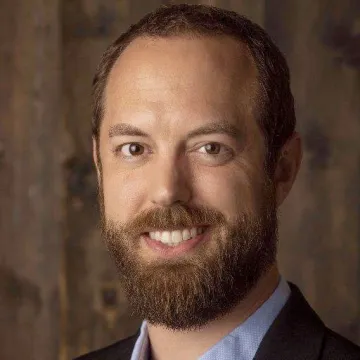The Washington Post Built a Fake City to Demonstrate Extreme Heat: CAPLA’s Ladd Keith Provides Expert Analysis

Image courtesy The Washington Post.
“Welcome to Meltsville,” reads the new sign for a fake metropolis featured this week in The Washington Post. The interactive article relies on the expert analysis of Ladd Keith, assistant professor of planning and sustainable built environments in the College of Architecture, Planning and Landscape Architecture at the University of Arizona.
“Extreme heat is deadly for humans and not great for infrastructure, either,” begins the feature. Through a series of changing narratives and images, the article then addresses extreme heat’s impact on infrastructure for transportation (airports, roads, bridges and railways), the power grid, buildings and parks.

Ladd Keith, Assistant Professor of Planning and Sustainable Built Environments
Keith provides expert analysis on extreme heat’s impact on infrastructure, beginning with airports: “The challenge with plane takeoffs during heat waves is not due to airport construction, it’s due to physics,” he notes. Keith also mentions “sunscreen for roads,” such as Tucson’s Cool Pavement project.
“As you have a heat wave occurring, it will expand the asphalt, it will expand the steel,” says Keith. “If you already have a poorly rated bridge that needs to be replaced, all of those additional stresses are, quite frankly, a little bit terrifying to think of.”
View the full feature in The Washington Post: “We built a fake metropolis to show how extreme heat could wreck cities.”
Keith, who joined CAPLA in 2009, is an interdisciplinary researcher with over a decade of experience planning for climate change with diverse stakeholders in cities across the U.S. His current research explores heat planning and governance with funding from the National Oceanic and Atmospheric Administration, Centers for Disease Control and Prevention and Department of Transportation. In addition to founding and leading CAPLA’s Bachelor of Science in Sustainable Built Environments, Keith teaches public participation and dispute resolution as well as climate action planning.



